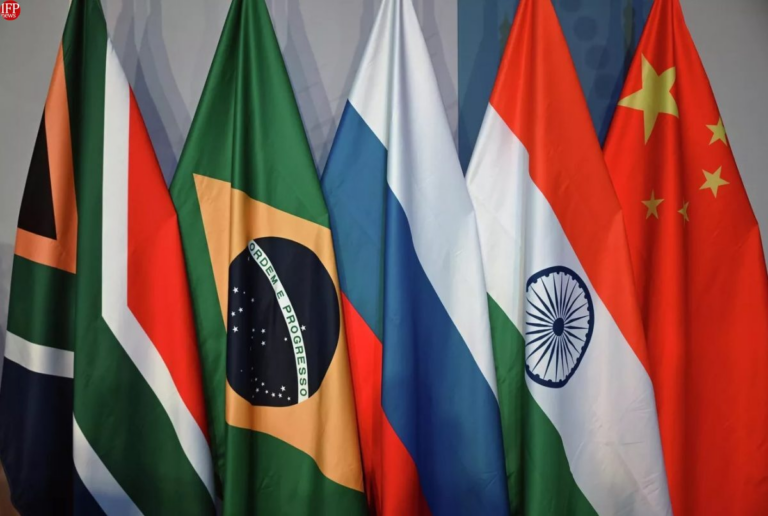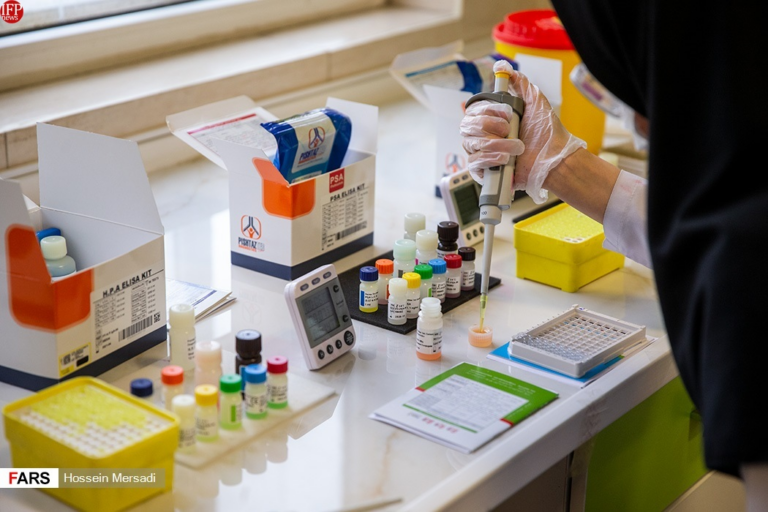
Similar Posts

Iranian Women Entrepreneurs Dazzle in BRICS Competition: A Showcase of Innovation and Empowerment
Four innovative projects by Iranian women entrepreneurs have been recognized in the BRICS Women Entrepreneurs Forum competition, announced by Zahra Farahani during the Women, Innovation, and Technology event in Iran. Out of 1,000 submissions from 30 countries, only 26 were awarded, highlighting the exceptional talent and contributions of Iranian women in entrepreneurship. Established in 2020, the BRICS forum aims to promote women’s entrepreneurship across diverse sectors. This achievement underscores the importance of women in driving innovation and economic development, fostering collaboration among BRICS nations, and inspiring future generations of women entrepreneurs worldwide.

Iranian Innovators Launch Cutting-Edge Vacuum Distillation Device for Enhanced Oil Product Quality Measurement
An Iranian knowledge-based company has developed an innovative vacuum distillation device that enhances the quality assessment of heavy oil products, including crude and fuel oil. CEO Moslem Mashayekhi noted that this device meets international standards (ASTM D1160 and INSO 8908) and is significantly more affordable at $21,000, compared to foreign models priced around $110,000. The device operates efficiently by applying a vacuum to lower boiling points, ensuring energy savings and high precision in measurements. Fully produced domestically, it has already gained commercial success, with strong market potential in the Persian Gulf region, reflecting Iran’s advancements in technology.

Iranian Geneticist Unveils First-Ever Homegrown Saliva Collection Kits and Cutting-Edge DNA Testing Technology
Dr. Farid Ebn Rasouli, an Iranian geneticist, has developed Iran’s first domestically-produced saliva collection kits and a new generation of DNA testing focused on fitness and nutrition. His journey began in 2017, leading to the launch of the first DNA-based sports test in 2019. After overcoming challenges in sourcing saliva kits, he successfully produced them in 2022, receiving approval from the National Genetic Resources Center. The upcoming second-generation tests will analyze over 240 genetic traits, providing insights into dietary needs, physical performance, obesity risk, and more. Ebn Rasouli’s work enhances health management and positions Iran in global genetic research.

EDPB Unveils New AI Data Use Regulations Amid UN’s Global Call for AI Safety Standards
The European Data Protection Board (EDPB) has clarified when AI models can process personal data under the GDPR, responding to Ireland’s Data Protection Authority. The EDPB introduced a three-stage test to assess legitimate interest, focusing on interest identification, necessity evaluation, and safeguarding individual rights. While tech industry representatives welcomed the opinion for facilitating data access, digital rights advocates expressed concerns over the practicality of anonymity thresholds and potential inconsistent enforcement. Concurrently, UN Secretary-General António Guterres called for international cooperation to regulate AI, emphasizing the risks of unregulated AI in military contexts and advocating for a collaborative approach to ensure global security and individual rights.

TikTok Reinstated in US App Stores as Trump Postpones Ban Enforcement
TikTok has returned to Apple and Google app stores in the U.S., intriguing its 170 million users after President Trump postponed a ban until April 5. An executive order grants TikTok a 75-day extension to comply with a law requiring its Chinese parent company, ByteDance, to divest U.S. operations. Trump, who previously advocated for a ban, has expressed a newfound appreciation for the app, highlighting its impact on his campaign videos. Potential buyers include high-profile figures like Oracle’s Larry Ellison, Elon Musk, and even YouTube star MrBeast. The situation raises ongoing concerns about data privacy and national security.

Climate Change Fuels Hay Fever: Pollen Seasons Lengthen and Intensify
A recent study published in The Laryngoscope reveals that climate change is worsening hay fever symptoms, with rising temperatures and increased carbon dioxide levels extending pollen seasons and intensifying allergic reactions. Hay fever prevalence is rising by 2% to 3% annually in industrialized nations, with spring pollen season starting up to 20 days earlier than in previous decades. Vulnerable populations, including children and marginalized communities, are particularly affected. Projections suggest a significant increase in pollen emissions and allergy cases due to climate-related factors. Health professionals are urged to advocate for changes to address the public health implications of climate change on allergies.